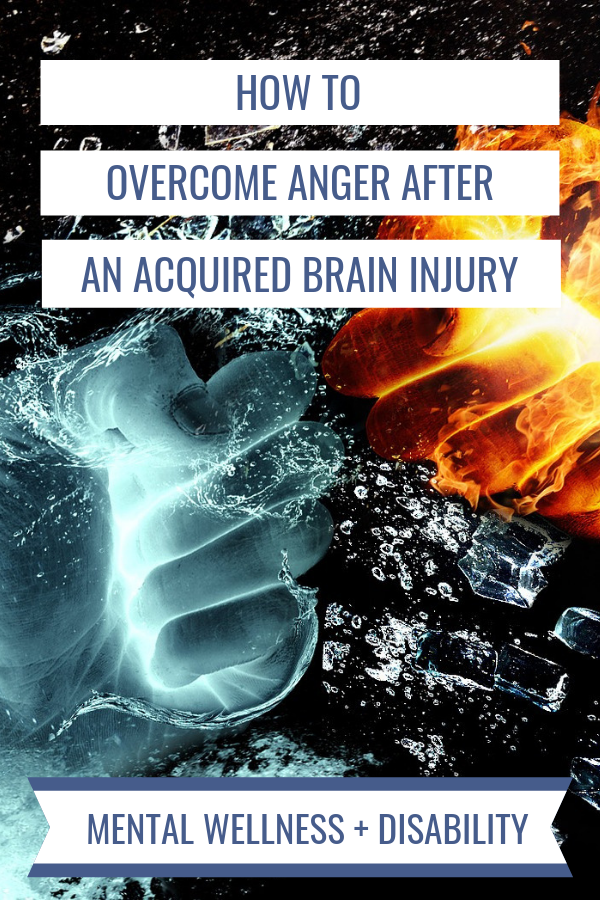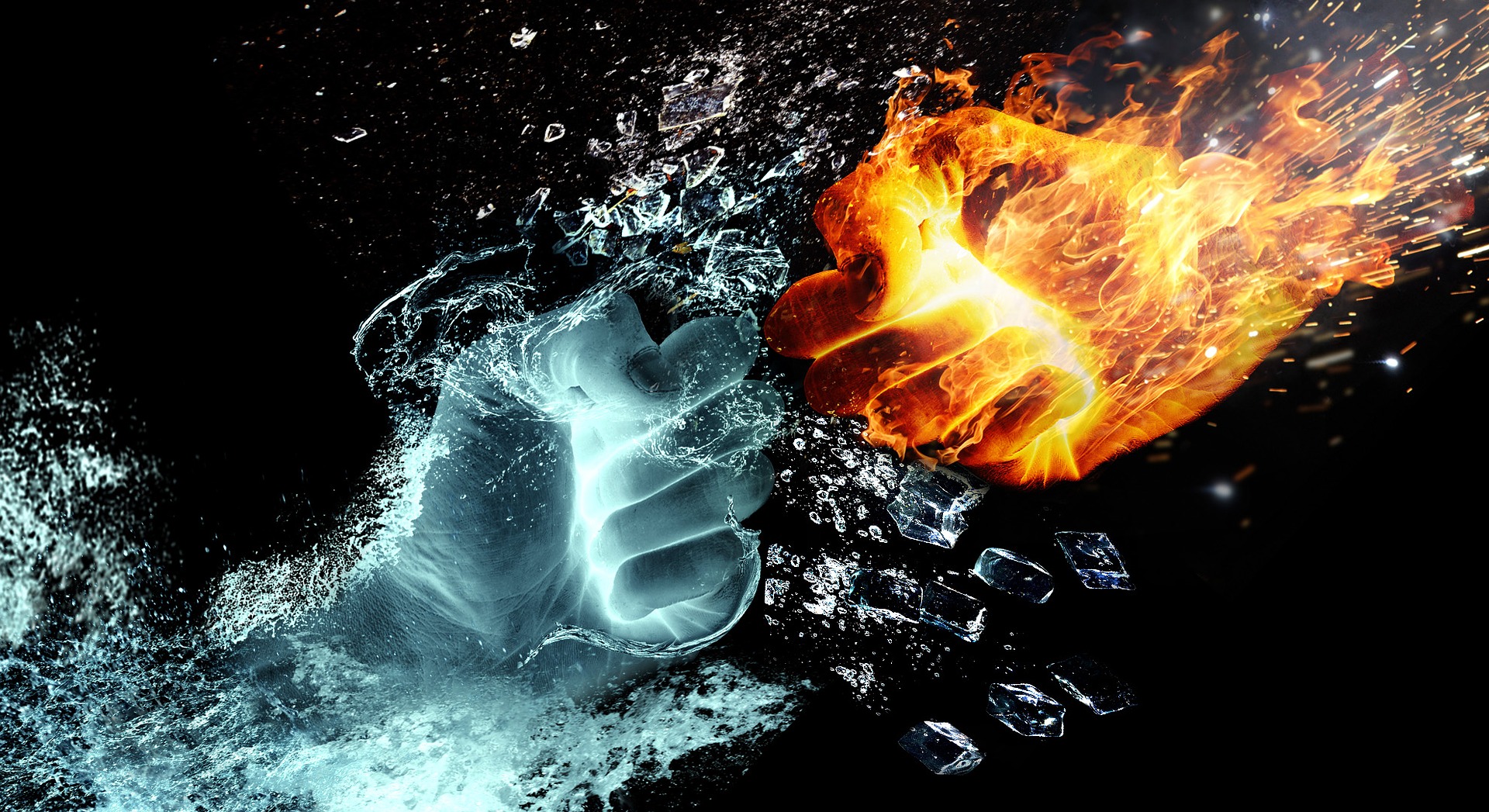After an acquired brain injury, you may struggle to manage your moods. Your family and friends may point out that you are angrier now. You may even recognize this anger in yourself, but feel powerless to stop it. How can you stop yourself from doing something if you don’t know where it’s coming from? How can you overcome anger after an Acquired Brain Injury?
Managing anger is a reason that many of my counseling clients who have an acquired brain injury come to see me.
Why you feel angrier after an acquired brain injury
People with brain injury tend to interpret other people’s intentions to be more hostile than they are. Because of this, the person with the brain injury responds with disproportionate anger. The clinical term for this is negative attribution bias. Here’s an article if you’d like to read more about it.

Here’s how negative attribution plays out in real life
You’re in the grocery store, browsing the produce section, about to grab a bunch of bananas. A store clerk asks “Can I help you find something?”
Because of negative attribution bias, you jump to the worst conclusions.
“He doesn’t think I know my way around the grocery store. What, he thinks that I’m a helpless loser who can’t remember anything or do anything right?”
After a brain injury, negative thoughts like these come more naturally than other thoughts you might have in the same situation. Thoughts like:
- He’s just doing his job.
- His manager is watching to be sure that he offers to help everyone.
- If I did need help, I’d be glad that he asked.
Here’s a mental exercise that can help you overcome anger after an Acquired Brain Injury
When you find yourself thinking angry or hostile thoughts, you can try perspective taking.
Perspective taking means mentally ‘putting yourself in someone else’s shoes’. It’s a mental exercise in which you imagine what another person’s motivation for doing something might be.
Let’s return to our grocery store example. You felt angry that the store clerk offered to help you. You can imagine why the clerk tried to help you.
Be as creative as you can in imagining many different reasons why the person might have done what they did.
These might include:
- The clerk gets a $1.00 bonus every time he offers to help someone.
- The clerk is on probation and his boss told him he needs to help more people or he’ll lose his job.
- I looked like someone the clerk knows, and he wanted to figure out if I was that person by talking to me.
- The clerk was about to go to another area of the store. He wanted to be sure no one needed anything before he left.
- The grocery store just moved some produce items to new locations. Lots of customers have been confused about where to find things.
From this exercise, it’s easy to see that there are lots of reasons that the clerk might have offered to help. These reasons have nothing to do with how you look or what the clerk thinks of you.
During rehabilitation from a brain injury, you have likely experienced that doing tasks repetitively helps them to ‘stick’ in your brain. Over time, you may find that doing exercises like this one help to keep you from responding with negativity and anger.
What if I don’t realize that I’m angry in the moment?
Some clients of mine will only realize after a situation has passed that they responded with anger. If that’s where you’re at, don’t worry. You can still practice perspective taking even if the moment has passed.
What else can I do to help the Perspective Taking exercise be effective?
Some of my clients with ABI find that it’s helpful to have physical engagement when they practice perspective taking. It can help to set up empty chairs to represent the people in the situation that angered them. In our grocery store example, we’d have 2 empty chairs. One for you, the customer, and one for the clerk.
Then, sit in each chair and describe out loud your reasons for doing what you did. Some of my clients like to start in the chair that represents them, move on to the other chair/s, and then return to their original chair. Then they reflect on whether the exercise changed how they’re feeling.
It is possible to learn to overcome anger after an Acquired Brain Injury.
You don’t have to feel controlled by your anger after an acquired brain injury. I hope that you will find it helpful to practice perspective taking. Working with a mental health counselor may help you to have accountability and support in this practice.









